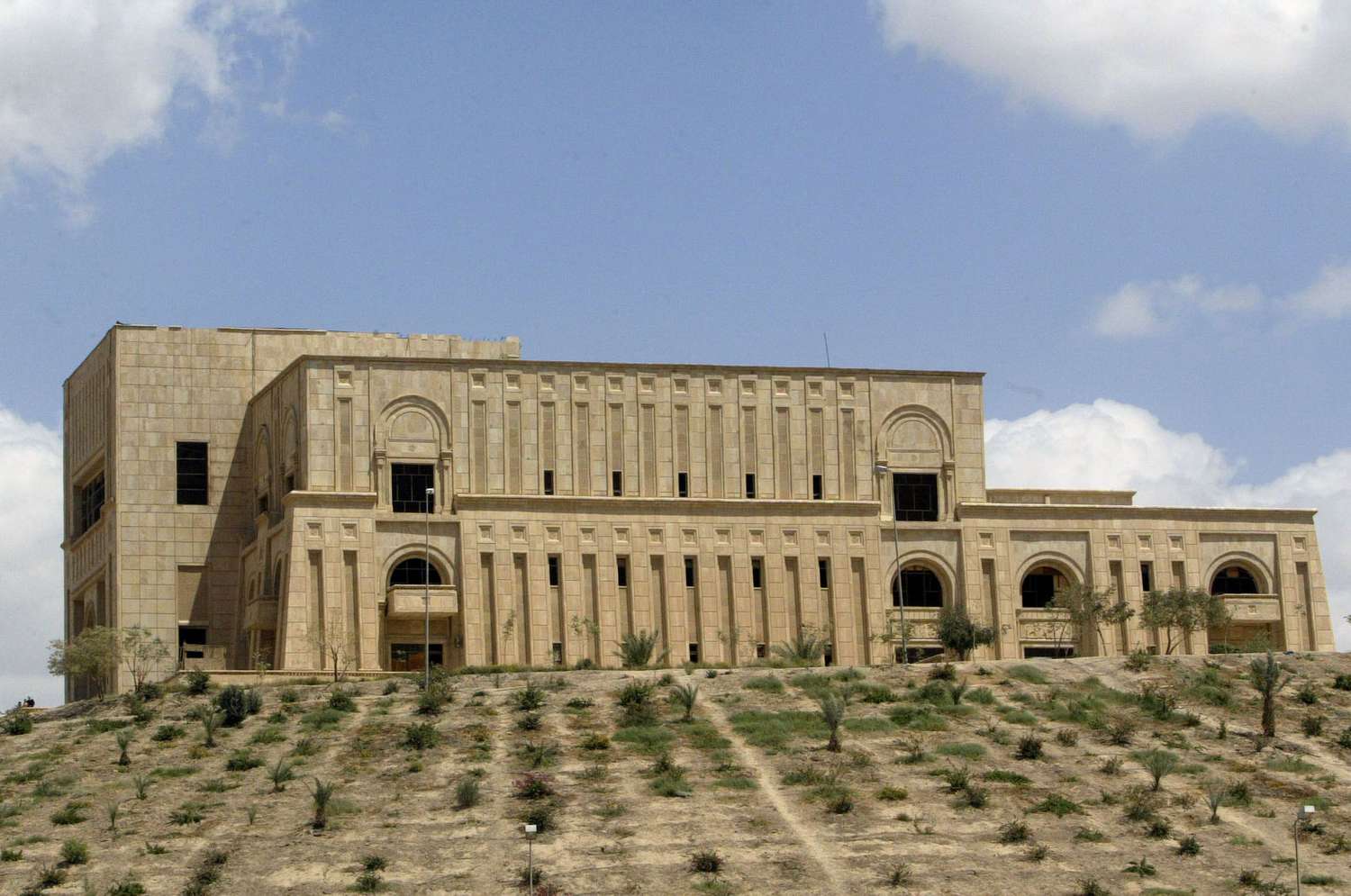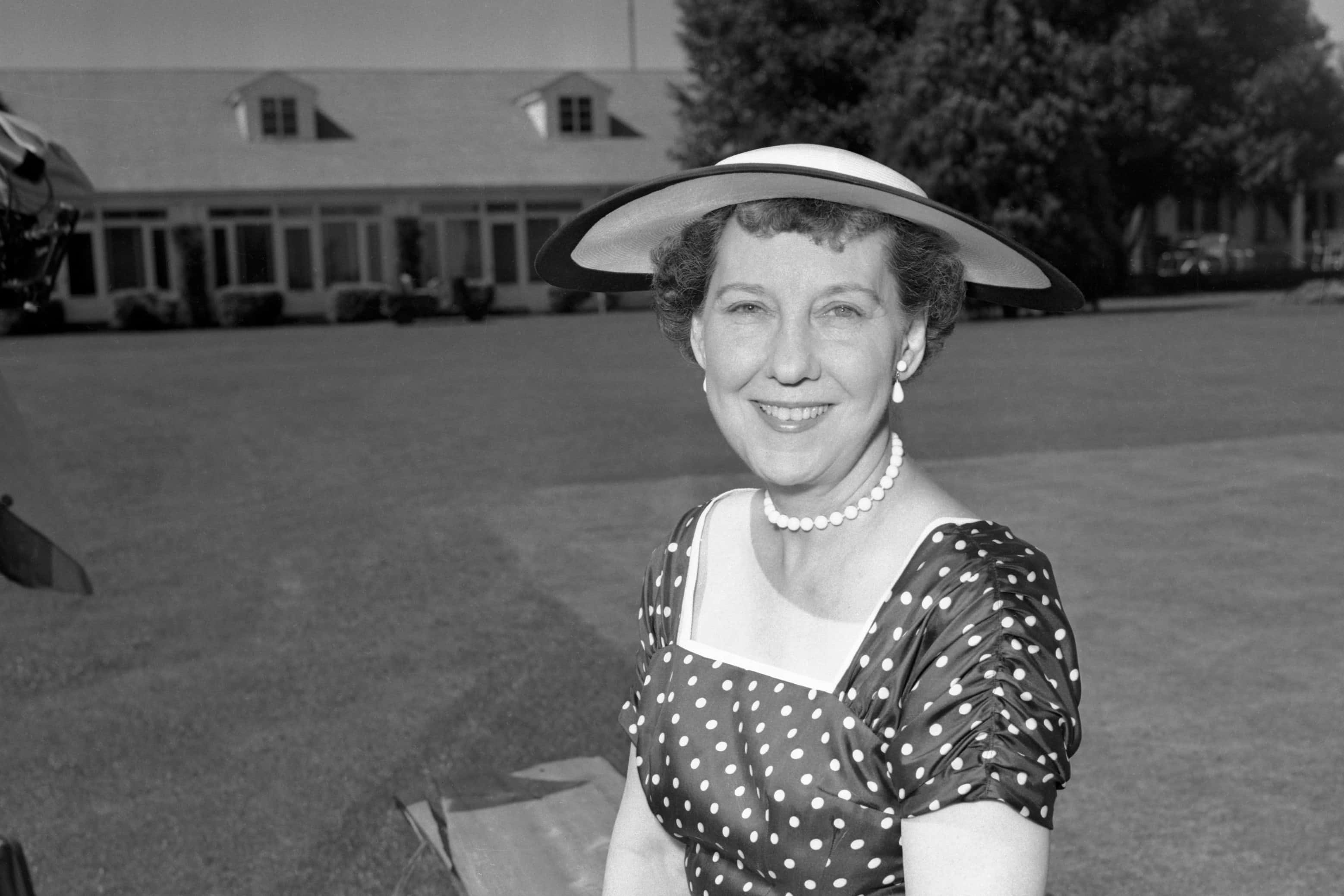
Middle Eastern history is a rich tapestry woven from millennia of cultural, political, and technological advancements. This region, often referred to as the cradle of civilization, has been the backdrop for the rise and fall of empires, the birthplace of major religions, and a crossroads for trade routes that connected the ancient world. Middle Eastern history is not just about ancient times; it also encompasses dynamic changes in the modern era, influenced by both internal developments and external interventions. For anyone curious about how this region shaped the world we live in today, here are 18 intriguing facts that highlight its significance and complexity. From the construction of monumental structures to the spread of ideas that have shaped human thought across continents, these points offer a glimpse into the enduring legacy of the Middle East.
Understanding the Cradle of Civilization
Middle Eastern history is as complex as it is fascinating, often referred to as the "Cradle of Civilization." This region, encompassing countries like Egypt, Iran, Iraq, Israel, Jordan, Lebanon, Saudi Arabia, and Syria, has been the birthplace of major religions, empires, and cultural advancements.
-
Mesopotamia, located in the modern-day Iraq region, is considered the world's first civilization. Here, the Sumerians developed the earliest known form of writing, cuneiform, around 3400 BCE.
-
The Code of Hammurabi, one of the oldest deciphered writings of significant length in the world, was created in ancient Babylon, a major city in Mesopotamia. It dates back to about 1754 BCE and is a cornerstone in the understanding of ancient legal systems.
The Birth of Major Religions
The Middle East has been a pivotal area for the birth and spread of major world religions.
-
Judaism, one of the oldest monotheistic religions, originated in the Middle East over 3500 years ago. Abraham, a key figure in Jewish history, is considered the father of this faith.
-
Christianity emerged as a sect of Judaism in the 1st century CE. Its roots can be traced back to Jerusalem, with Jesus of Nazareth as its central figure.
-
Islam was founded in the 7th century CE by the Prophet Muhammad in Mecca, now in modern-day Saudi Arabia. It rapidly spread across the Middle East and beyond.
Empires That Shaped the Region
Several empires have risen and fallen in the Middle East, each leaving a distinct mark on the region's history.
-
The Egyptian Empire, known for its monumental architecture like the Pyramids of Giza, thrived as one of the world's earliest and longest-lasting civilizations, beginning around 3100 BCE.
-
The Persian Empire, established by Cyrus the Great in the 6th century BCE, was notable for its innovative administration system and respect for the cultures of its subject peoples.
-
The Ottoman Empire, founded in 1299, controlled much of Southeast Europe, Western Asia, and North Africa for over 600 years. Its dissolution after World War I significantly reshaped the modern Middle East.
Cultural and Scientific Contributions
The Middle East has been a hub for cultural and scientific advancements that have had a global impact.
-
The alphabet, as we know it today, can trace its origins back to the Phoenicians, who inhabited the region now known as Lebanon.
-
Algebra was developed by the Persian mathematician, Al-Khwarizmi, in the 9th century. His works introduced the mathematical concepts that would later form the basis of modern algebra.
-
The concept of the zero, crucial for the development of mathematics and science, was significantly advanced by scholars in the Middle East during the Islamic Golden Age.
Modern Conflicts and Their Roots
The Middle East's history is not just about ancient empires and religions. Modern conflicts in the region have deep historical roots.
-
The Sykes-Picot Agreement of 1916, a secret treaty between France and Britain, drew arbitrary borders in the Middle East, ignoring ethnic and sectarian demographics. This has been a source of tension and conflict in the region.
-
The Israeli-Palestinian conflict has its roots in the late 19th and early 20th centuries, with the rise of nationalist movements among Jews and Arabs, both laying claim to the same territory.
-
The Iran-Iraq War (1980-1988) was one of the 20th century's longest conventional wars. It stemmed from territorial disputes and fears of Shia insurgency among Iraq's Sunni-dominated government.
Environmental Challenges and Historical Agriculture
The Middle East faces significant environmental challenges, many of which are exacerbated by historical practices.
-
Water scarcity has been a persistent issue in the Middle East, a region characterized by its arid climate. Ancient civilizations developed sophisticated irrigation systems, some of which are still in use.
-
The Fertile Crescent, spanning parts of modern-day Iraq, Syria, Lebanon, Jordan, Israel, and Egypt, was once lush and supported early agricultural activities. Overuse and climate change have significantly impacted this area's productivity.
-
Desertification, the process by which fertile land becomes desert, has been accelerated by overgrazing, deforestation, and improper irrigation practices. This environmental challenge has historical roots but is exacerbated by modern practices.
-
The Dead Sea is shrinking at an alarming rate due to water diversion from its tributaries and mineral extraction. This iconic salt lake has historical significance for its health benefits and as a site of ancient human activity.
A Final Glimpse into Middle Eastern Lore
Diving into Middle Eastern history, we've journeyed through time, uncovering tales of ancient civilizations, empires, and the birthplace of major world religions. Each fact we've shared opens a window into the complex tapestry that makes up this region's past. From the cradle of civilization in Mesopotamia to the strategic trade routes that crisscrossed the Arabian Peninsula, these stories highlight the enduring spirit and contributions of Middle Eastern societies to global heritage. Let's carry forward this newfound understanding, appreciating the depth and diversity of Middle Eastern history. It's a reminder of how interconnected our world's stories are, encouraging us to look beyond our horizons and embrace the rich narratives that have shaped humanity.
Was this page helpful?
Our commitment to delivering trustworthy and engaging content is at the heart of what we do. Each fact on our site is contributed by real users like you, bringing a wealth of diverse insights and information. To ensure the highest standards of accuracy and reliability, our dedicated editors meticulously review each submission. This process guarantees that the facts we share are not only fascinating but also credible. Trust in our commitment to quality and authenticity as you explore and learn with us.


